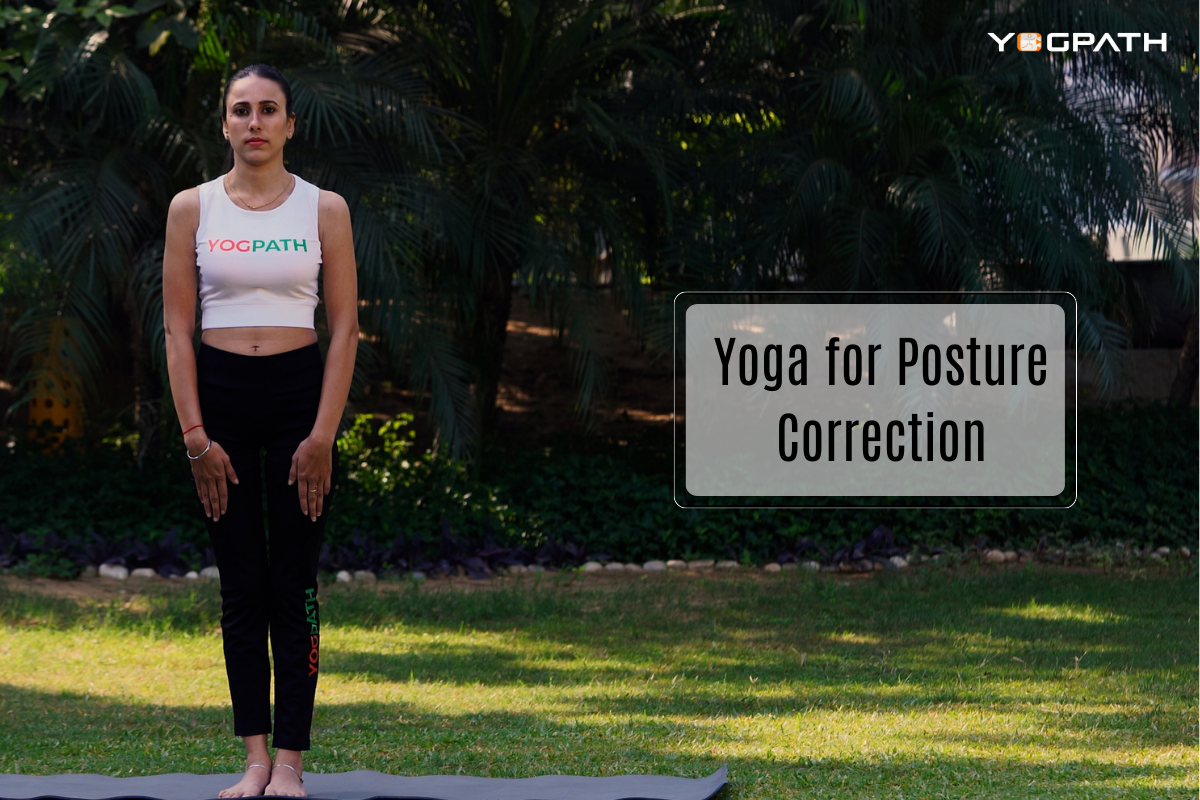
You should still make taking care of yourself a top priority even in your 30s. The levels of glucose and blood pressure, inflammatory markers, and mobility can all benefit from a person losing excess weight. In addition, studies have shown that people who achieve and maintain a healthy weight experience fewer negative psychological and physical health outcome.
Lose weight in your 30s
There aren’t many healthy ways to lose weight, and the ones that exist tend to be ineffective. Plus, both dieting and the culture surrounding it can have serious negative effects on your health. However, achieving a healthy weight that benefits your health as a whole is possible.
If you’re in your thirties and looking to lose, this article will show you 20 healthy ways to do it.
Change your perspective
It may be more effective to work on other aspects of your health than just your weight and appearance. After 30 months, significant loss was seen among the 301 women in the study who were motivated to lose weight to reduce disease risk or improve their overall health rather than for reasons related to their appearance.
By contrast, after 30 months, the women who started out trying to lose because they cared about their appearance actually gained weight.
This doesn’t rule out the possibility that you could be inspired by the prospect of a more attractive physical self. Instead, it implies that concerns about one’s physical appearance and the approval of others shouldn’t be the only or even primary drivers toward achieving a healthy weight.
Motivating yourself to lose by thinking about the health benefits you’ll reap from doing so, such as bettering your diet, stamina, and energy levels, and decreasing your risk of developing chronic diseases, has been shown to increase weight loss success over the long term.
Accumulate a large supply of fresh fruits and vegetables
Decades of research show that eating more fruits and vegetables aids weight loss and may help you maintain a healthy weight.
The quality of your diet, your risk of disease, and your ability to lose healthily can all be improved by making it a point to eat more vegetables and fruits.
Eggs with a side of spinach, tomatoes, and onions, and a bowl of berries—my that’s ideal morning meal. Vegetables with hummus make a great snack, and a side dish of roasted vegetables is a healthy addition to any meal.
Pick longevity over quickness
The use of extremely low calorie meal plans is advocated in a plethora of diets and detoxes with the promise of quick, dramatic loss. Actually, these diets are just as likely to promote rapid weight loss as any other diet that severely limits calorie intake.
These diets may help you lose weight quickly, but they have serious drawbacks that make them unsuitable for long-term use. Crash dieting has been shown to increase the risk of weight regain and the development of compensatory behaviours, both of which can make long-term weight management more challenging.
Although weight loss will be slower when following a satiating, nutrient-dense eating pattern, this approach will reduce the likelihood of weight regain and guarantee that your body receives the nutrients it requires.
Don’t put too much stock in routine tasks
Most people believe that engaging in frequent, vigorous exercise is necessary when trying to reduce body fat. Although including such exercise in your routine can help you lose weight and gain muscle, it is not required to get to a healthy.
Spending a few hours a week at the gym isn’t as beneficial as increasing your activity level every day by walking more and sitting less.
It is recommended to gradually increase physical activity levels for those who have been inactive for some time. To get the health benefits of walking, even if you’re only walking 1,000 steps per day on average, you should try to walk 2,500 steps (or about one mile) on most days of the week (1.6 km).
When you reach that mark regularly, increase your step count by 1,000 every week or so until you’re walking several miles per day without much difficulty.
Make your health and happiness a top priority
Avoid any diet or exercise plan that will bring you down emotionally or physically. It’s a warning sign that your diet plan is unhealthy and unsuitable for your needs if it’s too restrictive or makes you fixate too much on food.
Exercising the same principle with action. Don’t stick with a trainer or class that makes you feel uneasy or bad about yourself if you don’t already. Feeling healthy, nourished, and energised is the goal of a sustainable eating pattern and exercise plan.
Realize that losing weight isn’t the only way to boost your health
In fact, reducing excess fat in the body can have positive health effects and lower disease risk. Of course, dropping a few pounds is just one facet of a much bigger issue. It’s also important to think about things like stress, mental health disorders, inactivity, illness and disease, bad nutrition, genetics, and lack of sleep.
Because of this, you shouldn’t focus on loss alone; you should aim to improve your health.
Sleep Is Important
Some research suggests that people in their thirties may not get as much quality sleep as they need because they are trying to balance work, family, and social obligations. Poor sleep habits can make it more challenging to keep the weight off by increasing hunger hormones and calorie consumption while decreasing satiety hormones and energy levels.
Consistently sleeping for at least 7 hours per night is recommended for optimal health and weight control.
On a concluding note
You should only use healthy, long-term solutions to your weight loss efforts if you are in your thirties. Following the aforementioned advice will aid you in maintaining a healthy weight while giving your body and mind the attention they deserve.











